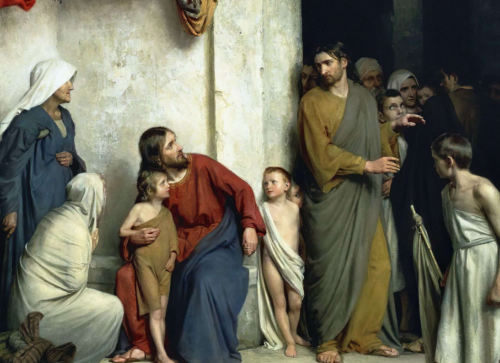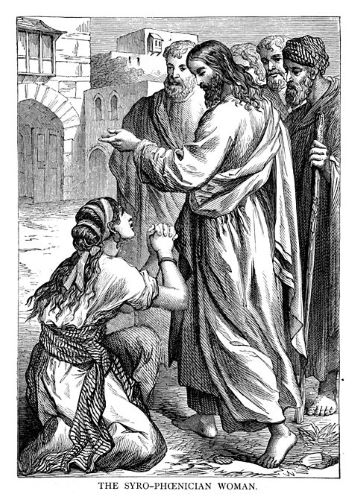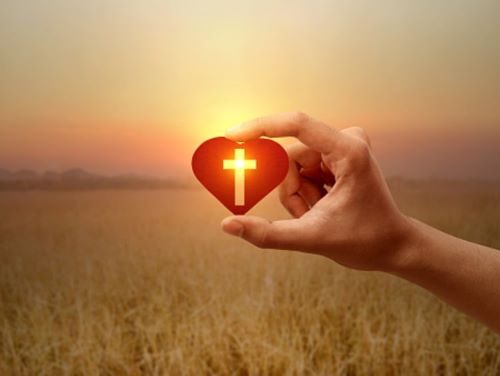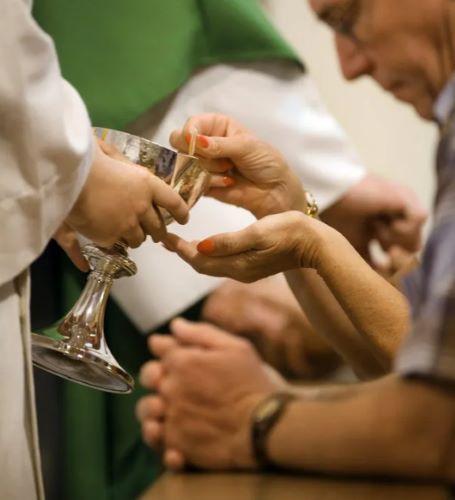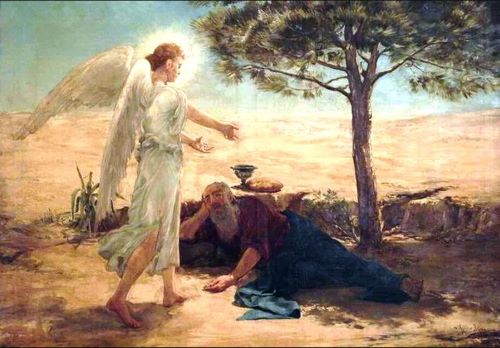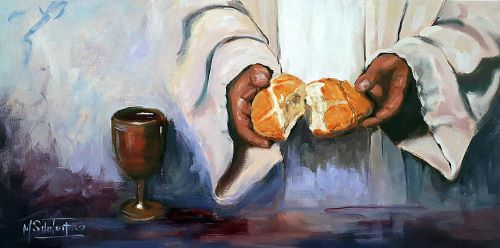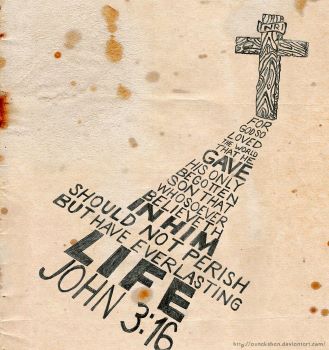
Dying into New Life
Year B
Jeremiah 31:31-34
Psalm 119:9-16
Hebrews 5:5-10
John 12:20-33
May the words of my mouth O God… speak your truth…
Jeremiah lived during one of the most critical periods in the history of the Jewish people… the destruction of Jerusalem and Solomon’s Temple… followed immediately by the Babylonian exile… he witnessed the last years of the kingdom of Judah… he emerged as one of the major figures who grappled with the theological problems caused by the destruction of the nation… and he laid the foundations for the restoration of Jerusalem and the Temple… in the years following the end of the exile…
In his struggle to understand the tragic events of his lifetime… he tells the reader more about himself than any other prophet… including his anguish and empathy at the suffering of his people… his outrage at God for forcing him to speak such terrible words of judgment against his own nation… and his firm belief that the people of Israel would return to their land… and rebuild Jerusalem… once the period of punishment was over…
In today’s reading… we hear God’s promise of hope… speaking about a new covenant… it’s not quite like the covenant they broke after their bondage in Egypt… although its content will be the same… it still refers to the restoration of Israel… this time after the Babylonian exile… and the reconstruction of the Temple… but what’s different is how it will be learned… God will place the Teaching… that is… the Torah… in the inmost being… or heart… of the people… so that the covenant cannot be broken again… since it will function as God’s inner reference point and not the world’s outer one… and because of how it will be written… there’ll be no need for the people to teach each other… and this idea is later understood as the divine spark which we all have deep within us…
Now Israelite priests were descendants of Aaron… though Jesus was not a descendent of Aaron… but in Hebrews… we read that Jesus became a High Priest… was appointed a High Priest both as God’s Son… and according to the “order of Melchizedek”… now Melchizedek is mentioned only twice in the Hebrew Scriptures… in Psalm 110:4… and in Genesis 14:18…
In the Psalm… the word is either a proper name… or it’s two words… malki… and tzedek … which means a rightful king… though if it’s a proper name… it refers back to Genesis 14:18… when Abraham returned from defeating King Chedorlaomer (cheddor-lay-mer)… and Melchizedek brought out bread and wine… and blessed Abraham…
Chapter seven of Hebrews describes Melchizedek… he is also the king of righteousness… next he is King of Sa-lem… that is… king of peace… without father… without mother… without genealogy… having neither beginning of days nor end of life… ] but resembling the Son of God… he remains a priest for ever…
The priestly “order of Melchizedek” then… includes only Melchizedek and Jesus… and this description of Melchizedek recalls to mind… to my mind… the way Jesus is described in John 1: before time… without beginning or end… Jesus is both our King and High Priest… who intercedes for us…
We’re almost finished with Lent… but we’re not yet finished with biblical themes of penitence and suffering… in today’s Gospel… we hear that some Greeks told Philip they’d like to see Jesus… we may think there’s some pleasant evangelism going on… but when Philip and Andrew come to Jesus with this request… Jesus’ words don’t seem to be in sync… they seem disconnected… he doesn’t say whether he’ll see them or not… he changes the subject…
I can almost imagine Philip and Andrew going back to these Greeks and saying: You want to see Jesus? we’ll show you Jesus… this is a Jesus who expects you to die so that you may be reborn again… this is a Jesus who says that a grain of wheat lying on the ground remains just a grain of wheat… but if it dies… it bears much fruit… and its fruit contains many seeds… this is a Jesus who says you’ll lose your life if you love it… but if you love your life less than you love me… you’ll gain eternal life… this is a Jesus who says those who follow me… will BE where I am… this is a Jesus who is wounded… so we are healed… this is a Jesus who performs rites of purification in the Temple of our souls…
Dr. Raj Nadella… New Testament Professor [ at Columbia Theological Seminary in Decatur, GA. ] wrote… in this morning’s Gospel… Jesus says that the hour of his death on the cross is his glorification… Jesus doesn’t glorify death… but suggests… that the act of putting himself on the line for others… is his finest hour… the grain of wheat shares a similar path… Jesus mentions no sower… only the kernel… the Greek verb pipto … which means “falls” … implies figuratively… that this grain exercises its agency… decides to fall to the ground… and so that raises a question… does the grain use its privilege… its self-interest and preserve itself… as might be its natural inclination… or does it fall to the ground and die… ] and the conclusion is that the grain of wheat chooses the latter… which requires courage and imagination… because sacrificing itself for others goes against the instinct of self-preservation… and paradoxically… by falling to the ground and dying… it perpetuates itself…
And Jesus says… now the ruler of this world will be driven out… ] because of the things that Jesus will do… because of Jesus’ obedience… and love… because his suffering produces empathy… the ruler of this world… the values by which much of the world operates… will be driven out… now we’re a people who are generally not very good at talking about the Adversary… the unholy one… but there are two lies which are told over and over again… and which inform and perpetuate our decisions at self-preservation… that we are unloveable… and that we are alone… when in truth… we are loved beyond measure… and we are connected with each other… and with all of creation…
But let’s be clear… saying “Yes” to Jesus isn’t an insurance policy against pain and suffering… because sometimes… when we respond to the silent inner voice of the Holy Spirit… and heed that call… and follow it… and grow… it’s also because something in us has to die… and out of that pain… new lives can be born… sometimes our path towards Jesus takes us dangerously close to what the unholy one wants us to believe… but we are always dying and rising again… and when we’re standing at the foot of the cross… that we are transformed more and more into the image of Christ…
Lutheran pastor Yvette Schock wrote… Jesus’ last line in today’s Gospel is… And I… when I am lifted up from the Earth… will draw all people to myself… there are at least two ways to read this claim… are we talking about Good Friday or Easter morning… if it is good Friday… it is the moment Jesus dies on the cross and his spirit leaves this world… but if it is Easter morning… it is the morning his body ascends… and the defeat of death is complete… so which ever way we read it… it includes the promise that Jesus will draw us close to him…
We all try to hold onto our lives… not just in terms of staying alive… but in terms of what we want and know… versus what we fear and don’t understand… Jesus doesn’t deny the fearfulness of death… but every time… he turns its uncertainty… into the promise and hope… of a new life…

